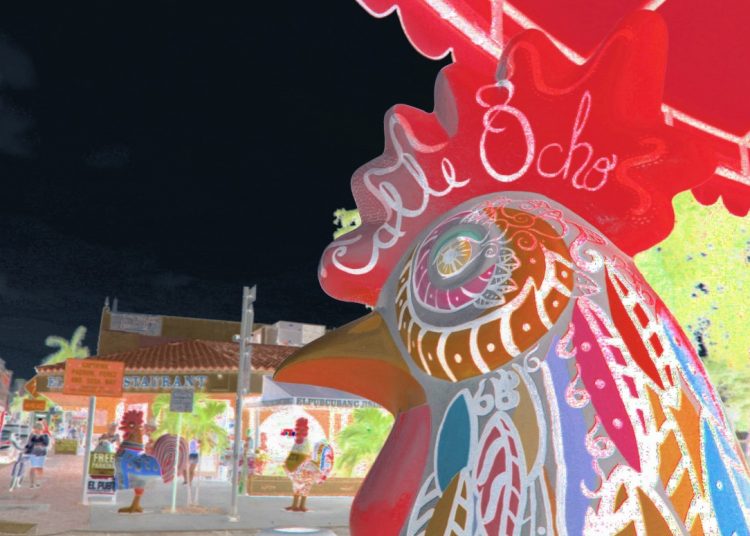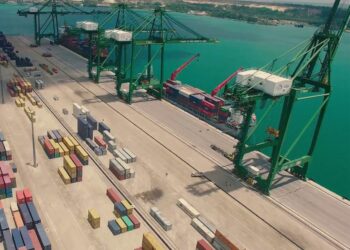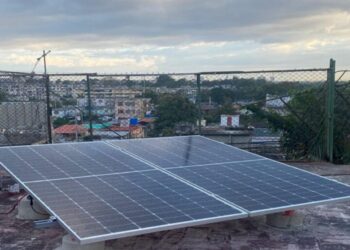In January 2017, Democratic President Barack Obama ended the wet foot/dry foot policy, an initiative of his fellow Democrat Bill Clinton that banned Cubans from entering the United States if they were found on high seas, that is, three maritime miles from the U.S. coast, but that allowed entry of those who touched terra firma.
Recently it was reported that Republican Donald Trump’s White House has designed a new asylum policy that prevents any foreigner at a port of entry―land, sea or air― from receiving asylum if he/she has not previously requested it in a third country adjacent to the United States. There are only two countries adjacent to the United States: Mexico and Canada. All this is due to the large number of people who have congregated on the Mexican border.
Although the new policy is mostly designed for potential Central American immigrants, the truth is that the text does not mention any nationality in particular, so it also applies to Cubans, those who have always received preferential treatment since the Cuban Adjustment Act was promulgated on November 2, 1966 giving Cubans the right to residence one year and one day after being in the United States. Now they have seen another obstacle come up in their hopes to live in the United States.
The wet foot/dry foot policy, despite the danger of crossing the Florida Strait on a raft, was always an attraction to emigrate, something that the Havana government has criticized. When Obama eliminated it, a few weeks before leaving the White House after the thaw with Cuba, appearing on the border was seen as the only viable opportunity for those who never got an entry visa.
There were always Cubans who showed up at the border, but it was a sporadic move. Since the wet foot/dry foot was eliminated, the number of people has skyrocketed. According to the Mexican government, in May there were almost 4,000 Cubans on the border waiting to enter the United States.
If before asylum was granted without major complications, with the end of that policy Cubans have been sent to an immigration jail, for a more or less extensive time, but they still managed to resolve their situation and were almost always delivered to family members in the United States.
But with Trump’s new policy things have become more difficult. The niceties are over. As soon as they appear before an immigration officer, Cubans apply for asylum and suffer the fate of any other undocumented immigrant: rejection or detention pending a hearing before an immigration judge.
This, logically, has put people’s backs up. The criticism of the president has not ceased, even in a city like Miami, whose Cuban electors have voted for the president, generally defend him and mainly adore him after he came to the city in June 2016, in full election campaign, and promised them that he would be “tough on Castro” and that he would end “that dictatorship regime.” The exiled community was ecstatic in the most conservative and revanchist circles.
But there was a trump card. Trump may have compromised at a time of electoral need. But many did not realize that the president’s mentality is deeply anti-immigrant. For the president, immigrants are all those who want to enter without documents.
“It’s not just Trump. The philosophy of most of the Republicans in these times is that undocumented immigrants are not welcome here, and especially if they have a slightly darker skin,” a Mexican rights activist, Alicia Suárez, told OnCuba. “It’s an aberrant reality which we have to get used to living with because I don’t see a prospect of change in the coming times.”
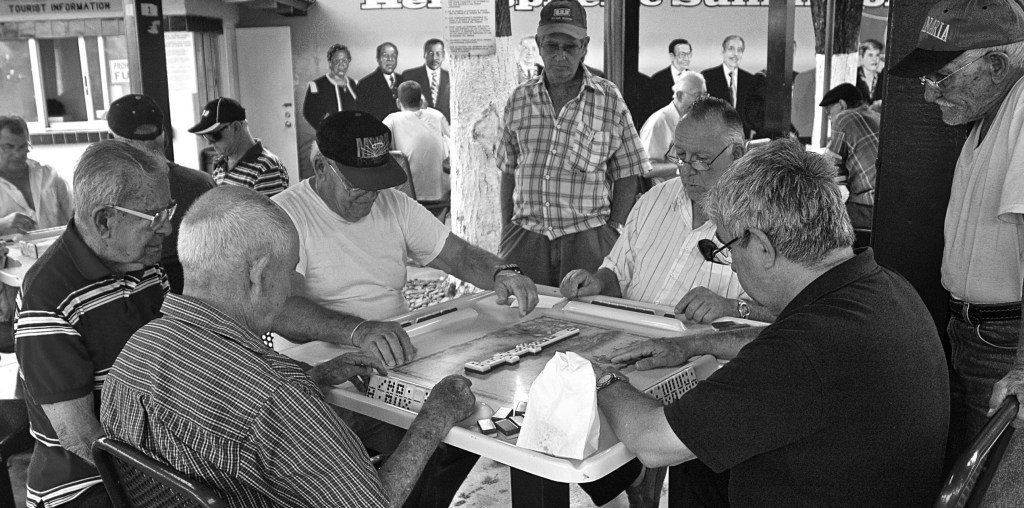
The fact that they see you doesn’t mean they hear you
Regarding the effect on potential Cuban immigrants, several experts agree that the new reality is due to a loss of influence of Cubans in U.S. politics, regardless of the party that’s in the White House. Between Democrats and Republicans there is a coincidence, but with different origins.
“What we all saw is that for decades Cubans had an influence on the foreign policy of the United States. We were in the days of the Cold War and there was that thought of not allowing the proliferation of more Cubas on the continent. What we saw were the Cubans expressing their opinion and voting for that policy,” Eduardo Gamarra, professor of international relations at the Florida International University (FIU), said to OnCuba.
It’s all a matter of nuances. If the Cubans were electorally important for both parties, the election results projected an influence that didn’t exist. The reality was that the electoral victories of any candidate only projected a local presence, not a national impact, he underlined.
The reality of foreign policy is, and always has been, behind the scenes, although it could contribute to articulate positions that did not necessarily have an influence. The fact that they see you doesn’t mean they pay attention to you.
“When Obama arrived, the influence equation was already changing. It came from way back. With him we all thought a different situation. We were rejecting the embargo, opening relations with Cuba and suddenly they started losing more influence. What was discussed was finding an explanation about how that influence was being lost,” Gamarra emphasized.
It is true that in South Florida, Cuban-American congresspersons always boasted of their influence within the administrations, even during the Obama administration. There was always someone in Miami who wanted to pretend and spread among Democrats the influence they never had. As will be seen later, Republicans do the same.
“That’s where Trump comes in and nothing changes, nothing different is done in terms of making life easier for Cubans. Within the framework of the very American thesis that all politics are local, Trump knew that he had to necessarily win the Cuban vote and end up having control of the Venezuelans’. That is why he came here to mobilize the Cuban vote and put key [Cuban] people in policies towards Latin America. There we have [Senator] Marco Rubio, who was in charge of the policy towards Venezuela. This is important because, as I said, everything there that had to do with Latin America was in the hands of Cubans,” says the analyst. However, “time has shown that this is not the case. Their influence is not decisive.”
Trump arrives at the White House with a very personalist and familiar idea of what U.S. foreign policy should be. Initially, he began by dismantling the State Department. His first secretary of state, Rex Tillerson, carried out a cleansing and left out almost all specialists in Latin American affairs. And when he decides to negotiate a new trade agreement with Mexico, he sends his son-in-law, Jared Kushner, to solve the problem. It’s true that he has called Cubans like lobbyist Mauricio Claver-Carone for the National Security Council but his functions, in practice, are those of a spokesman. He is not a policy outliner, although in Miami another image is projected.
“The reality is that the Cuban influence in this administration has been barely visible, the presence of Rubio and Claver-Carone has been superficial. The foreign policy of the United States is carried out by Trump through Twitter. So it’s true that Cubans have lost influence, even if they are visible. And they will continue being so if they manage to win Florida. It’s how Trump works. The State Department is there, but his thing is an independent policy,” says Gamarra.
This is how Cubans find out that as much as their political leaders boast of their influence, Trump’s anti-immigrant philosophy has finally been imposed, which has ended up harming them by continuing to also be a White House policy to end Cubans’ migration privileges.
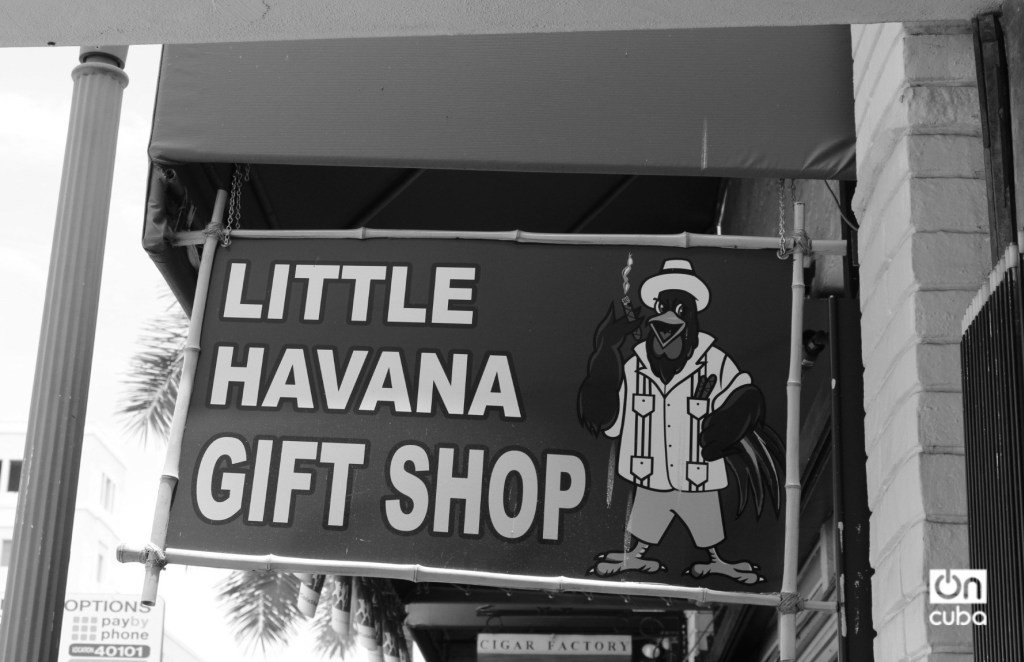
Paradoxes
Although they deny the end of the wet foot/dry foot policy that the exile’s hard liners have criticized so much, deep down it did a great favor to the Republicans. At the time, former Congressman Carlos Curbelo, in the House of Representatives, and Rubio in the Senate, presented bills to end that policy. The two federal legislators, after all, in order to satisfy their conservative electoral base responded, at that time, to criticism that newly arrived Cubans, especially after the beginning of the 1990s, had to be returned to the island because they were not genuine exiles but a group that wanted to take advantage of the economic benefits, make easy money and travel to the island from time to time.
Gamarra believes that with Donald Trump’s new anti-immigrant foreign policy provisions, Rubio has gotten himself into a jam with his electorate. The Cubans have realized that for the first time “they are in the same bag” with the other immigrants. Including the older generation, no matter how much it supports Trump.
In the middle of everything, the two South Florida federal legislators, Rubio and Congressman Mario Díaz-Balart, haven’t said a word, perhaps because they know that the policy will not change and that their influence is reduced. In the last legislative elections, Cubans lost two thirds of their representatives in Washington.
“This is not going to change. It will stay as it is now. Rubio has gotten himself into other problems because he promised Venezuelans the TPS [Temporary Protected Status] and they believed him. But Trump said that no way, and even if the senator manages to pass a law in that sense, which I see very difficult in the Senate, the president will veto it. Rubio didn’t even know how to take advantage of the moment to ask for a TPS for Cubans and resolve his people’s problem at the border.”
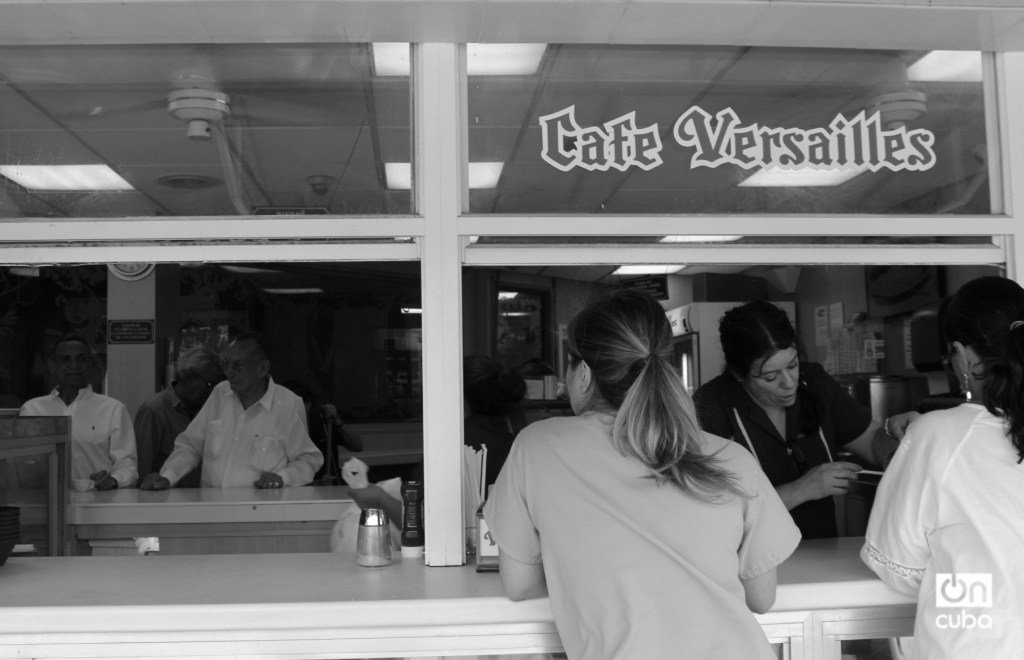
The unheard of: Trump’s rejection on the street
The latest FIU survey on the Cuban world in South Florida, carried out last year, showed that there is a division by generations in how they view politics towards Cuba. 64% of those who arrived before 1980 support the embargo, a percentage that drops to 40% among those who arrived after 1995, called “the Guantanamo generation.” This difference is reflected in the way they see Trump’s immigration policy, which affects Cuban families.
The family reunification program is paralyzed. Not even Díaz-Balart, who has promised it to his people, manages to convince the president to reopen it. And at the border they are not receiving the Cubans with open arms.
On the street, the atmosphere has reached a boiling point because Cubans who vote Republican have wholeheartedly dedicated themselves to “my president,” as they usually call Trump, although sometimes with some unreasonable arguments, and he has now “betrayed” them, an epithet that used to be reserved for the Democrats.
“This is a betrayal because we Cubans have fought for him against the Democrats and communists, all that is the same. And now he leaves the Cubans abandoned at the border. He doesn’t receive us, we who fight so much for this country,” says Moisés Espinoza, who arrived in the United States at the end of the 1960s. “We have always voted Republican, we have been promised freedom, but now we don’t have the freedom to come to this country of freedom.” The funny thing is that many of Moisés’ friends agree, but they don’t accept being interviewed so as to stand their ground.
Although he doesn’t like getting into politics, doctor Jorge Álvarez reveals that many of his clients take advantage of doctor visits to let off steam. “People have long been disappointed. They were very frustrated because they had the impression that the Cuban regime was going to end immediately in the first months of Trump,” he explains.
The hardest thing, said three Cubans from the old guard, is the question of family reunification. Before this administration froze family reunification, immigration services already had a delay of more than ten years in the processing of cases. Now that the process is frozen, nobody knows when they can embrace their dear ones. The administration doesn’t seem to have much interest in it and the legislators don’t have the strength to turn the matter around. All this despite the fact that in the 2016 presidential elections 54% of the Cuban vote went to Trump.

